March 16, 2022
Marginal gains: small improvements with significant impact

Jon Wayth
Head of Upper School
‘Every teacher needs to improve, not because they are not good enough, but because they can be even better.’
Teaching is an incredibly complex and intricate profession. It has been defined as a science and as an art and it is most possibly on a continuum between these two fields.
Educational experts going back as far as Socrates have sought to improve the effectiveness of pedagogy and there is a whole industry and field of research dedicated to enhancing what teachers do in the classroom.
Despite a wealth of research and acquired knowledge, it is, however, challenging to change teacher behaviours and improve learning outcomes in the classroom through professional development.
Teaching habits and marginal gains in practice
As with any profession, teaching performance is built upon habits gained over time and these habits soon become engrained.
Kraft and Papay showed that teacher performance, effectiveness and enthusiasm can begin to plateau after five years’ experience as techniques and ideas become habitual and harder to break.
Professor Jeffrey Pfeffer, in his research in the business arena, also showed that as professionals we often do not implement what we know.
Teachers are often aware of what best practice looks like and what the research says we should be doing, but as with any time-poor, fast-paced profession, it takes guidance and clarity to makes these changes. Quite often professional development can fail as there is:
- A lack of prioritisation.
- A lack of dedicated time.
- The lack of a mechanism to ensure that any development focus is embedded in practice.
Marginal gains in learning improvement
In order to improve classroom practice at Cognita Schools in Spain, Italy and Switzerland, we are learning from the world of sport. Sir Dave Brailsford, who was performance director of British Cycling and general manager of the hugely successful Team Sky, introduced the philosophy of marginal gains into the sport of cycling. This is the theory that small yet significant improvements can lead to monumental results.
In other words, an aggregation of 1% tweaks can lead to a far bigger change overall. The cycling team looked at marginal gains they could make in all areas of preparation from bike design to athlete hygiene and wellbeing.
This philosophy is totally applicable to education; small tweaks to pedagogy can have a big impact upon teacher performance and ultimately on student outcomes.
If one breaks any teaching habit or technique down into its smaller component parts, a teacher can begin to make small incremental tweaks to his or her practice.
‘Changes that seem small and unimportant at first will compound into remarkable results.’
— James Clear, author of Atomic Habits
A marginal gains approach: Learning Pods and coaching
In January of this year, we launched the Cognita Europe Learning Pods across eight schools in Spain, Italy and Switzerland with the clear aim of improving practice in the classroom through on-going reflective practice. Coaching is an integral part of the programme and we worked with Dr Sam Sims, a quantitative education researcher and lecturer on policy analysis and evaluation from University College London on delivering this aspect of the training.
Dr Sims claims that instructional coaching is currently the best-evidenced form of professional development. Instructional coaching involves teachers working in coaching pairs to support continual incremental improvement.
Teachers follow a very clear approach to:
-
- Probe for a developmental area of focus (a marginal gain).
- Agree and model a single action step.
- Rehearse and refine that step in practice.
- Observe each other to provide feedback.
The programme, which is delivered online and then followed up in schools through the instructional coaching, is designed around the recent research carried out by the Education Endowment Foundation into effective professional development and makes use of content from Tom Sherrington and Oliver Caviglioli’s excellent Walkthrus series of books. These books break down key teaching techniques and ideas into five component steps allowing the participants to make key, incremental changes to their everyday practice. These steps are all grounded in educational research.
We implement this marginal gains strategy across all stages of education, even—Sixth Form—so that teachers and students alike can benefit from continuous, measurable improvement at every level.
The compound power of marginal gains
Undeniably, it is the quality of teaching that makes the biggest difference to our pupils’ learning and success.
Student outcomes will improve even further if we can encourage all practitioners to:
- Continuously reflect on their practice.
- Make tweaks to their teaching techniques and habits.
- Give them the tools to eventually embed new habits over time.
After all, Sir Bradley Wiggins, Chris Froome and Sir Chris Hoy were already excellent cyclists, but Sir Dave Brailsford knew that with the aggregation of tiny tweaks they could be even better. He proved that no matter how good you already are, you can still be even better.
References
Clear, J. (2018). Atomic habits: An easy & proven way to build good habits & break bad ones. Avery.
Education Endowment Foundation. (2021). Effective professional development. https://educationendowmentfoundation.org.uk/education-evidence/guidance-reports/effective-professional-development
Kraft, M. A., & Papay, J. P. (2014). Can professional environments in schools promote teacher development? Educational Evaluation and Policy Analysis, 36(4), 476–500. https://doi.org/10.3102/0162373713519496
Pfeffer, J. (1998). The human equation: Building profits by putting people first. Harvard Business Press.
Sherrington, T., & Caviglioli, O. (2020). Walkthrus: Five-step guides to instructional coaching. John Catt Educational.
Sims, S. (2021). Instructional coaching: Evidence review. Education Endowment Foundation. https://educationendowmentfoundation.org.uk/education-evidence/evidence-reviews/instructional-coaching
